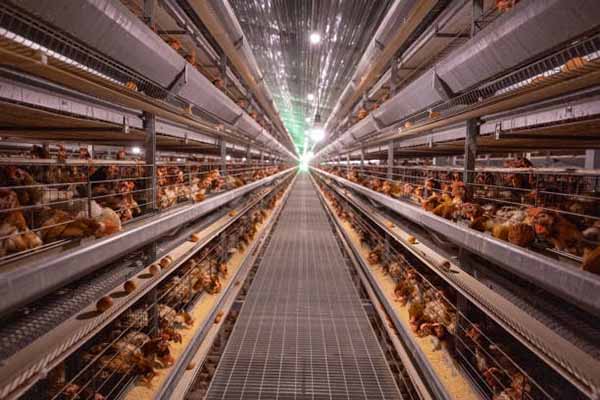The Impact of Climate Change on Poultry Farming in Pakistan
Climate change is a pressing issue that affects various sectors worldwide, and poultry farming in Pakistan is no exception. The repercussions of changing weather patterns and rising temperatures can significantly impact the poultry industry, affecting both productivity and sustainability. In this article, we will explore the effects of climate change on poultry farming in Pakistan and how farmers can adapt to these challenges.
Rising Temperatures and Their Effects
One of the most immediate impacts of climate change on poultry farming is the increase in temperatures. Poultry birds are sensitive to heat, and higher temperatures can lead to heat stress, reducing their feed conversion rates and egg production. This can result in substantial financial losses for farmers.
Water Scarcity
Water scarcity is another major concern for poultry farmers in Pakistan. With climate change leading to more frequent droughts and reduced water availability, farmers face the challenge of ensuring adequate hydration for their birds. This scarcity can also affect the quality of the feed and the overall health of the flock.
Disease Outbreaks
Climate change can also exacerbate the spread of diseases in poultry farms. Warmer temperatures and changing weather patterns can create favorable conditions for pathogens, leading to more frequent and severe disease outbreaks. This not only affects the health of the birds but also increases the cost of veterinary care and medication.
Adaptation Strategies
To mitigate the impact of climate change on poultry farming in Pakistan, farmers can adopt several strategies:
1. Improved Ventilation: Enhancing the ventilation systems in poultry houses can help regulate temperatures and reduce heat stress.
2. Cooling Systems: Investing in cooling systems, such as fans and misters, can provide relief to birds during hot periods.
3. Water Conservation: Implementing water-saving techniques and using recycled water can help manage water scarcity.
4. Disease Prevention: Regularly cleaning and disinfecting poultry houses, as well as implementing biosecurity measures, can reduce the risk of disease outbreaks.
The Role of Technology
Incorporating advanced technology, such as automated feeding systems and monitoring devices, can also help farmers manage their poultry operations more effectively. These technologies can provide real-time data on bird health, temperature, and other critical parameters, allowing for timely interventions.
Livi Machinery: Your Partner in Poultry Farming
At Livi Machinery, we understand the challenges faced by poultry farmers in Pakistan due to climate change. Our range of high-quality poultry farming equipment, including feeders, drinkers, and ventilation systems, is designed to help you adapt to these changing conditions. We also offer comprehensive after-sales services to ensure that your equipment operates efficiently and effectively.
Are you looking to upgrade your poultry farming equipment or need advice on adapting to climate change? Contact us today, and let us help you build a more sustainable and profitable poultry farm.

